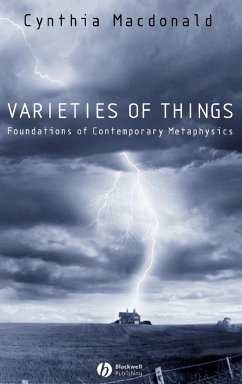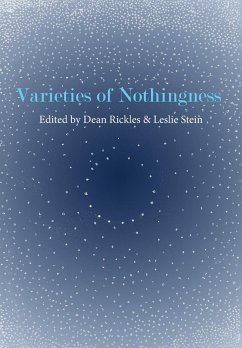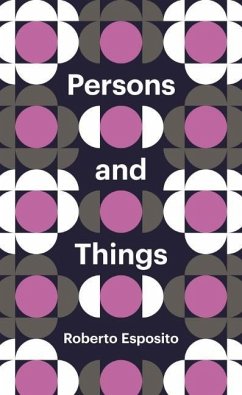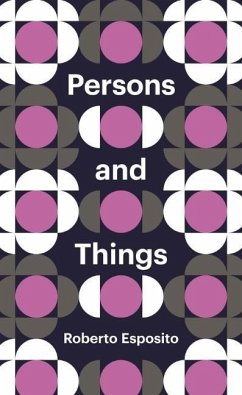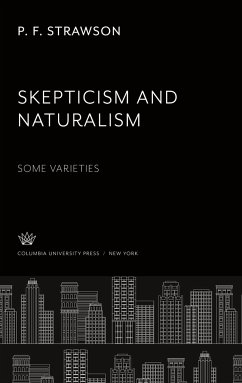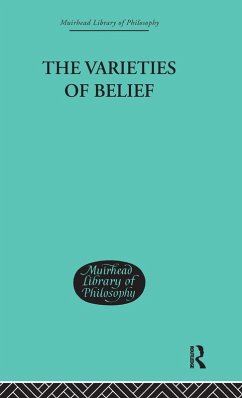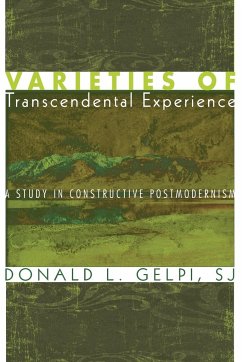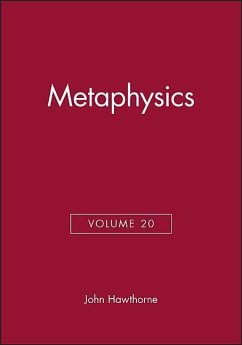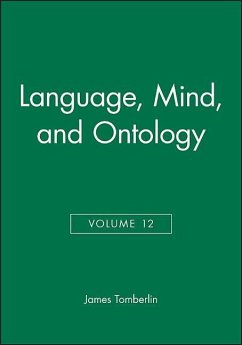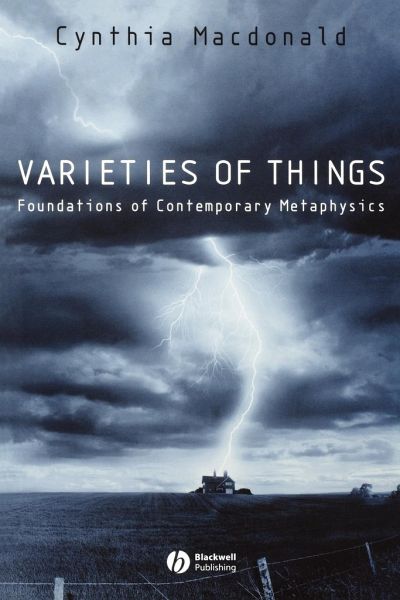
Varieties of Things
Foundations of Contemporary Metaphysics
Versandkostenfrei!
Versandfertig in über 4 Wochen
42,99 €
inkl. MwSt.
Weitere Ausgaben:

PAYBACK Punkte
21 °P sammeln!
Varieties of Things: Foundations of Contemporary Metaphysics explores the fundamental ontological categories of things; things that we encounter in everyday life, such as material substances, persons, events and universals. The author begins with a thorough and accessible discussion of the nature and aims of metaphysics. She then goes on to develop tools that can be used to engage in metaphysical thinking about the basic varieties of things. The book both surveys existing accounts of the natures of these kinds of things, and argues for unique original positions of its own. The arguments suppor...
Varieties of Things: Foundations of Contemporary Metaphysics explores the fundamental ontological categories of things; things that we encounter in everyday life, such as material substances, persons, events and universals. The author begins with a thorough and accessible discussion of the nature and aims of metaphysics. She then goes on to develop tools that can be used to engage in metaphysical thinking about the basic varieties of things. The book both surveys existing accounts of the natures of these kinds of things, and argues for unique original positions of its own. The arguments support a systematically anti-reductionist view of the basic ontological categories.




